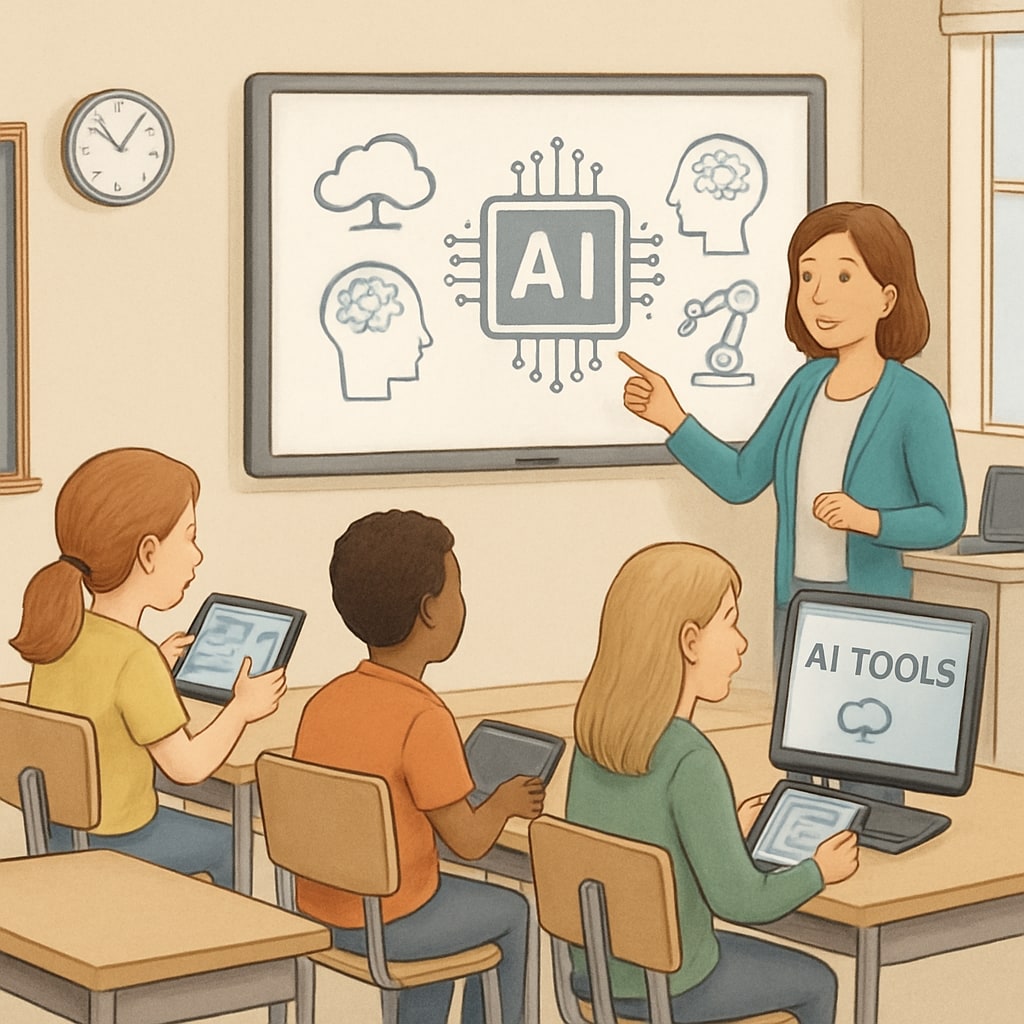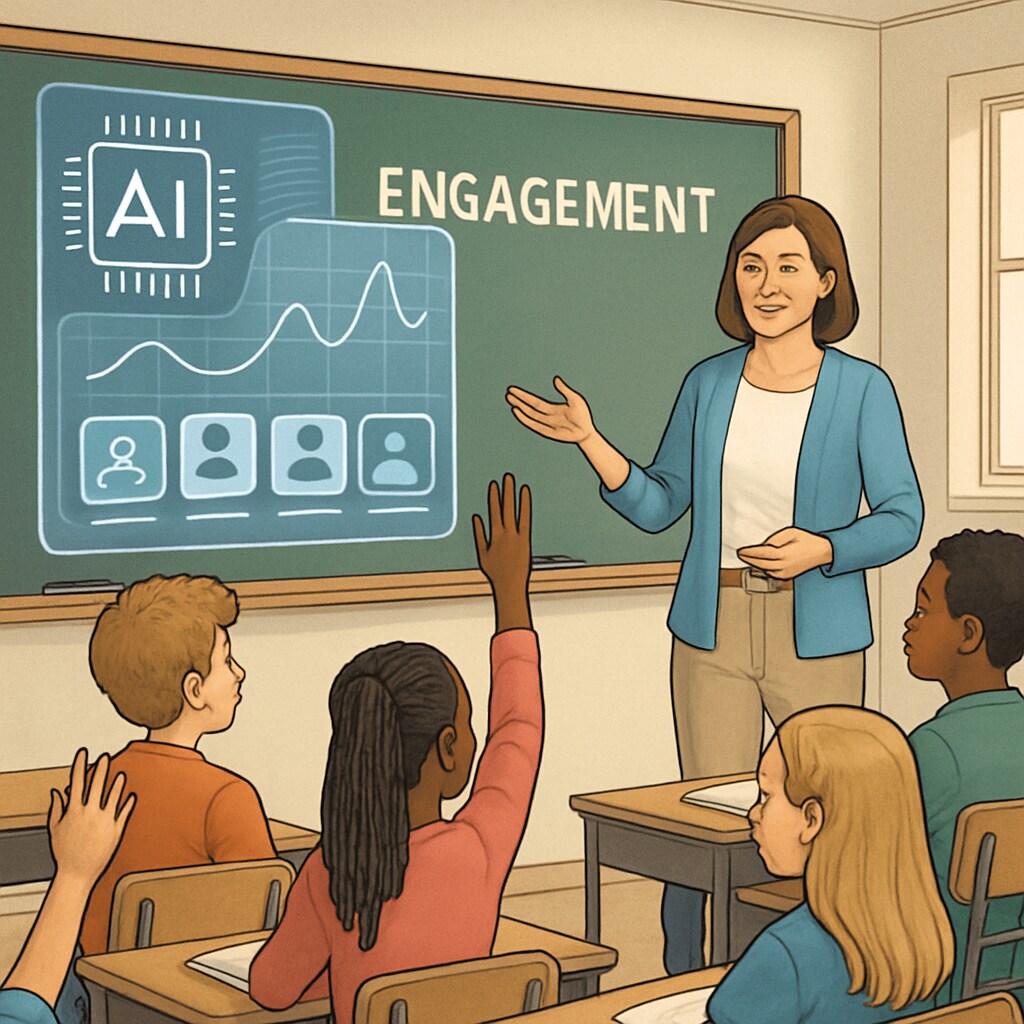The rapid integration of AI education tools, such as Google Gemini, is transforming traditional teaching methods and raising questions about teacher value and salary evaluation. As classrooms adopt AI-driven technologies to personalize learning experiences and automate administrative tasks, educators must confront the implications of these advancements on their professional roles and financial compensation.

How AI Education Tools Are Transforming Teaching Roles
AI-powered platforms like Google Gemini and other advanced tools are increasingly capable of handling tasks that were once exclusive to teachers. These include curriculum design, real-time assessment, and personalized learning recommendations. While these technologies promise efficiency and engagement, they also challenge the traditional perception of teachers as irreplaceable mentors and knowledge providers.
For example, AI can provide tailored support to students who struggle with specific concepts, freeing educators to focus on broader instructional strategies. However, this shift raises concerns about whether teachers may lose their unique influence in shaping student growth and critical thinking.
- AI tools streamline administrative tasks, reducing teacher workload.
- They offer personalized insights that were previously resource-intensive for educators to provide.
- As a result, the teacher-student dynamic is evolving, with educators taking on more supervisory and facilitative roles.
Rethinking Teacher Value in the AI Era
The growing reliance on AI education applications inevitably leads to a reassessment of teacher value. If AI can perform certain educational functions with high precision, the question becomes: what unique value do teachers bring to the table?
Teachers possess a critical ability to foster emotional intelligence, empathy, and critical thinking—qualities that AI tools cannot replicate. Moreover, educators serve as role models and mentors, providing a human connection that is essential for holistic student development. These intangible contributions highlight the need for schools and policymakers to protect and emphasize the irreplaceable aspects of the teaching profession.
Educational technology on Wikipedia provides further insights into the interplay between AI and teaching methodologies.

Salary Negotiations in the Age of AI
As AI tools become integral to education, salary discussions must evolve to reflect the changing scope of teacher responsibilities. Educators may need to advocate for recognition of their expanded roles as facilitators, emotional guides, and critical thinkers—roles that AI cannot replace.
School administrators should consider the following factors when evaluating teacher salaries in the AI era:
- The complexity of tasks AI cannot perform, such as emotional mentorship.
- The additional skills teachers must acquire to integrate AI into their classrooms.
- The ongoing need for professional development to stay ahead of technological trends.
For example, a recent study from Britannica’s analysis of AI impact emphasizes the importance of continual learning for educators to remain relevant in AI-driven environments.
Preparing Teachers for the AI Revolution
To thrive in this changing landscape, teachers must proactively adapt by acquiring new skills and redefining their professional identities. Some actionable steps include:
- Participating in AI-focused professional development programs.
- Collaborating with tech experts to better understand AI tools.
- Engaging in forums and discussions about the evolving role of education in the digital age.
By embracing these opportunities, educators can position themselves as indispensable contributors to a technologically enhanced learning ecosystem.
As a result, discussions surrounding AI education tools, teacher value, and salary evaluation will continue to shape the future of education. Teachers must remain active participants in these changes to ensure their unique contributions are recognized and valued.


